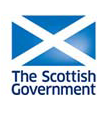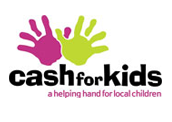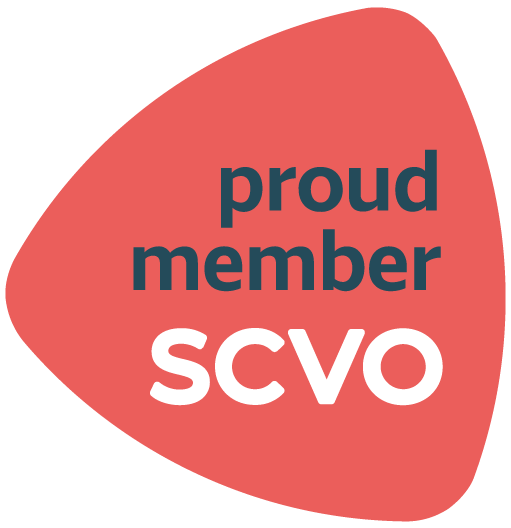About Hemat Gryffe
Gryffe Women’s Aid is a feminist organisation founded in 1981 and is Scotland’s first Asian, Black and Minority Ethnic Women’s Aid Group. Initially 15 women volunteered to run the refuge in Inverclyde to accommodate the growing number of Asian women fleeing domestic abuse. The project was initially named Gryffe Womens Aid as the first refuge was situated near the river Gryffe in Kilmacolm for sixteen years.
In 1995 the drop-in centre opened at 24 Willowbank Street, Glasgow. It was then that the word ‘Hemat’ (meaning courage) was added to the business name. We are now widely known as Hemat Gryffe Women’s Aid, Glasgow.
A victim-survivor of domestic abuse told us that that our business name was appropriate as she had felt that a river of courage had been instilled in her after having been supported by us upon fleeing domestic abuse and we decided to adopt the phrase ‘A River of Courage.’
The organisation remains true to the beliefs and values of the founding members in all aspects of service provision. We have been providing a culturally sensitive bilingual specialised service for over 40 years including refuge accommodation, outreach, and follow-on services primarily to women, children, and young people from the minority ethnic community.
We employ 9 staff members from a diverse range of backgrounds, dedicated to the work of the project who are highly skilled, knowledgeable, and experienced.
Our commitment is to the vulnerable women, children and young people requiring our help, support, and protection. The drop-in centre at Flat 0/1, 24 Willowbank Street, Glasgow, G3 6LZ is the first point of contact for women to be referred and to receive information.
Our vision is to continue to maintain excellence in all aspects of our single sex service provision in terms of the Equality Act 2010.
We are grateful to the support we receive from our funders for the financial support to the organisation to allow service provision to flourish.
Finally, we acknowledge the immense courage of women, children and young people and their bravery in escaping the clutches of domestic abuse, confronting cultural barriers enabling them to live a safer and prosperous life free from abuse.




